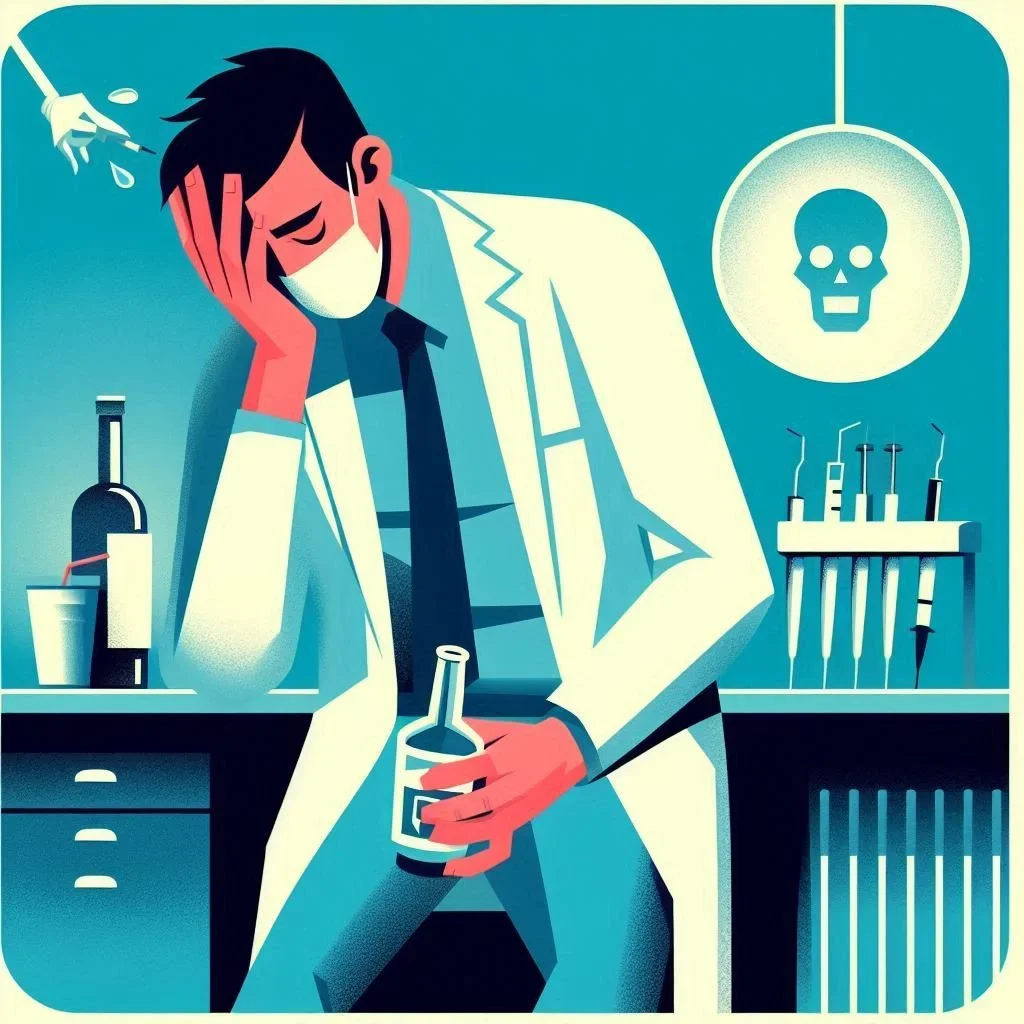Mental Health and Wellbeing Support for all Members of the Dental Team Across Australia
Many members of the dental team experience struggles with their mental health and wellbeing, and up to 60% of people with a mental illness will not seek help. The Mindful Smiles Hub aims to bring together resources and support for dental practitioners to help overcome stigma and improve mental health and wellbeing.
Research shows dental practitioners experience a high burden of mental health issues, but there is a reluctance to seek support and talk openly about mental health, leading to poorer outcomes. Knowing where to find appropriate support is important, as is the need to be proactive in looking after your wellbeing.
Check-in on your mental health with this free and quick mental health assessment from the Black Dog Institute.
It’s time for that to end.
There is strength, not weakness, in asking for help. The Mindful Smiles Hub is designed to provide information, resources and practical steps to help all members of the dental team to achieve wellbeing and find support throughout Australia.
As dental practitioners we recognise the importance of mental health and wellbeing for our patients. However, we may not always recognise or prioritise our own mental health needs.
-
Dental practitioners experience a high burden of mental health issues, but there is a reluctance to seek support and talk openly about mental health, with poorer outcome likely as a result.
Many dental practitioners experience struggles with their mental health and wellbeing, and up to 60% of people with a mental illness will not seek help. The Mindful Smiles Hub aims to bring together resources and support for dental practitioners to help overcome stigma and improve mental health and wellbeing.
Research has shown that occupational stress is common amongst the dental profession and is a key driver of burnout and mental ill health.
Dental practitioners practice in a stressful environment due to highly demanding technical skills and the imperative of striving for perfection.
They have long been recognised as having high levels of professional stress due in part to some of the unique aspects of dental practice, including the demands of meeting patients' expectations, time and scheduling pressures (running on time and not keeping patients waiting), anxious, challenging or dissatisfied patients and professional isolation from colleagues.
-
Fear of litigation, patient complaints, pressures associated with running a small business (such as financial, human resources and industrial relations matters) and negative public perceptions of dentists also contribute to the stress experienced by dental practitioners. This is reflected in high levels of burnout, harmful use of alcohol, particularly amongst male dentists and psychological distress.
These problems can affect individuals at any stage of their career. There has traditionally been a reluctance amongst the dental profession to speak about personal problems, including mental ill health, and seek support. This can be driven by concerns about confidentiality, embarrassment, and the impact of health disclosures for professional registration. Not all dental professionals are aware of the appropriate support that addresses their unique professional roles and concerns.
What does wellbeing feel like?
Ideally when people are feeling well, they are:
Sleeping well
Eating well
Exercising well
Practicing mindfulness
Having healthy social interactions
Like they say in airline safety briefings, it’s important to put on your own safety mask before helping others. That’s why it’s important as a health practitioner to prioritise your own mental health, so that you can do what you do best - help others.








